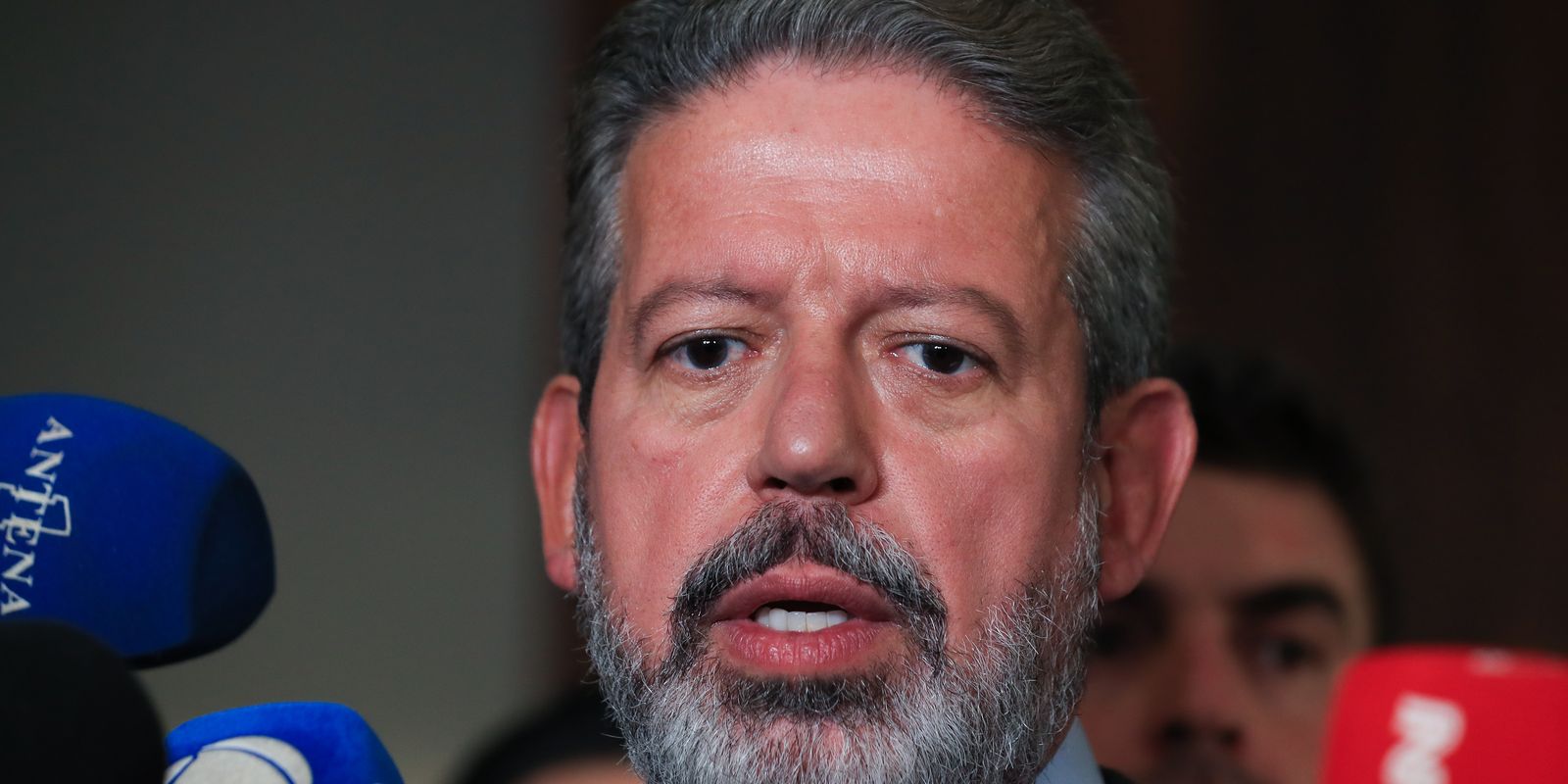The president of the Chamber of Deputies, Arthur Lira (PP-AL), defended this Thursday (26) that the release of parliamentary amendments has complied with criteria established by the Judiciary and the agreements signed between the Executive and Legislative branches. 
Last Monday (23), Minister Flávio Dino, of the Federal Supreme Court (STF), suspended the payment of around R$4.2 billion in commission amendments that would not have met transparency criteria for its execution. In the order, Dino also ordered the opening of an investigation by the Federal Police (PF), due to suspected irregularities in the allocation of resources for amendments from the standing committees.
In an interview with the press, Lira highlighted compliance with the requirements established by the STF and the federal government ordinance with rules to operationalize the release of parliamentary amendments. He also cited a meeting that took place a few weeks ago with President Luiz Inácio Lula da Silva, President of the Senate, Rodrigo Pacheco (PSD-MG) and other authorities to address the matter.
“We hope, with the end of the Christmas recess, the ministers [do governo federal] who are returning can clarify all the procedures that were carried out and handled”, he stated. “All acts were carried out within the agreements between the Executive and Legislative and in conversations with the Judiciary, complying with internal legal procedures”, he added.
The President of the Chamber also said that he will present this Friday (27) clarifications to Minister Flávio Dino regarding points in the decision that suspended payments.
Lira arrived call a meeting via video conferenceon the afternoon of this Thursday (26), with party leaders from the House, to discuss, among other matters, the amendments. However, he was received by President Lula during the afternoon. Because of the meeting with Lula, the president of the Chamber postponed the video conference meeting, however, according to his advisor, he spoke by phone and in person with some leaders.
Amendments
The suspension of payment for parliamentary amendments originated from a decision by the STF, in December 2022, which understood that some transfers that would not be in accordance with the rules for distributing resources were unconstitutional. Given the situation, the National Congress approved a resolution changing these rules. PSOL then filed a lawsuit opposing the payment of these amendments.
In August of this year, Dino, in addition to suspending the payment of amendments, ordered the Comptroller General of the Union (CGU) to audit the payments made by parliamentarians through amendments to the so-called secret budget. On December 10th, the federal government published a joint ordinance to operationalize the release of the amendments, days before the vote on a series of economic measures, including a fiscal package and the regulation of tax reform. The ordinance sought to implement the STF’s decision to establish transparency criteria and, therefore, allow the commitment and payment of resources indicated by parliamentarians, benches and committees to be carried out.
* With information from Pedro Rafael Vilela















